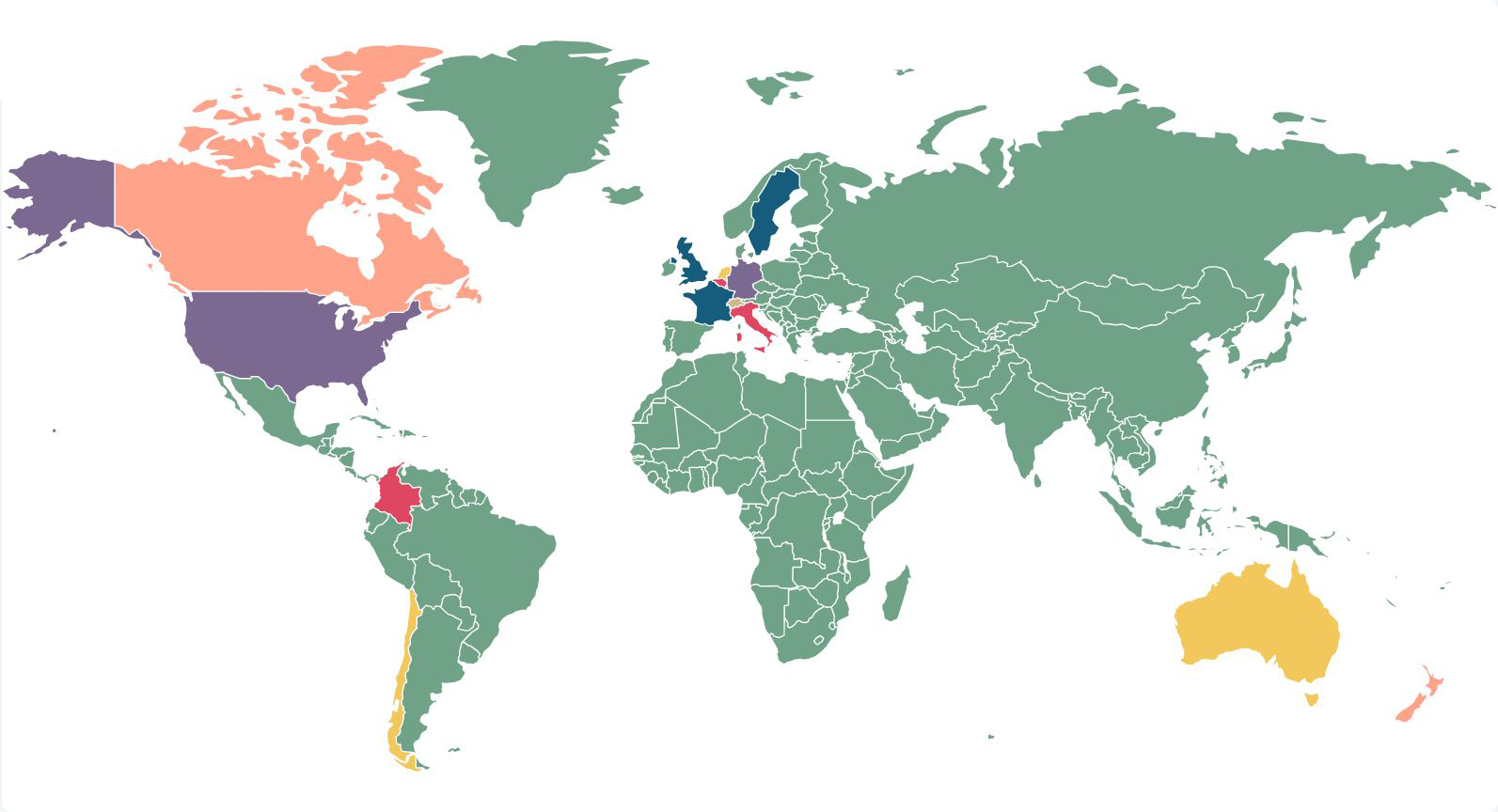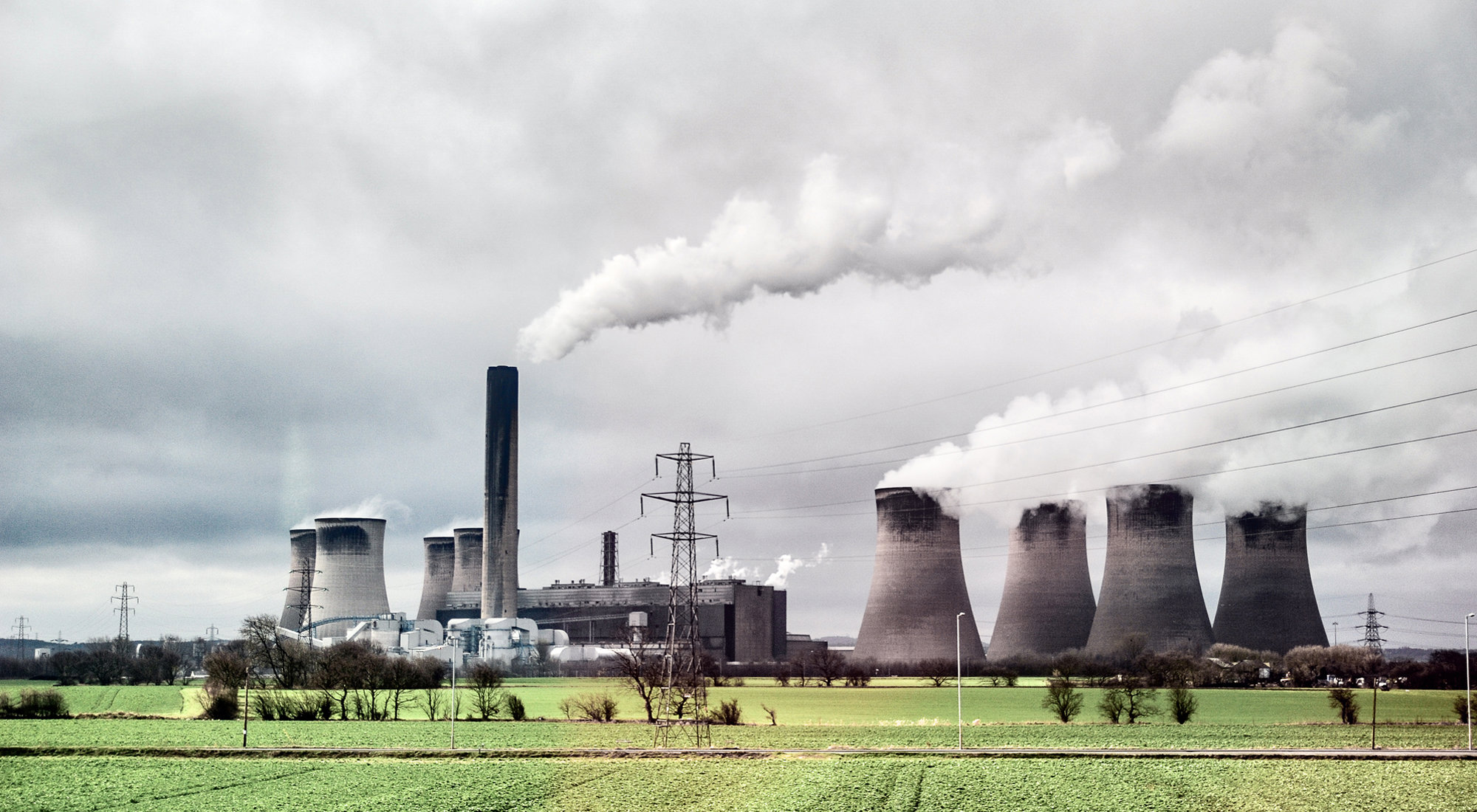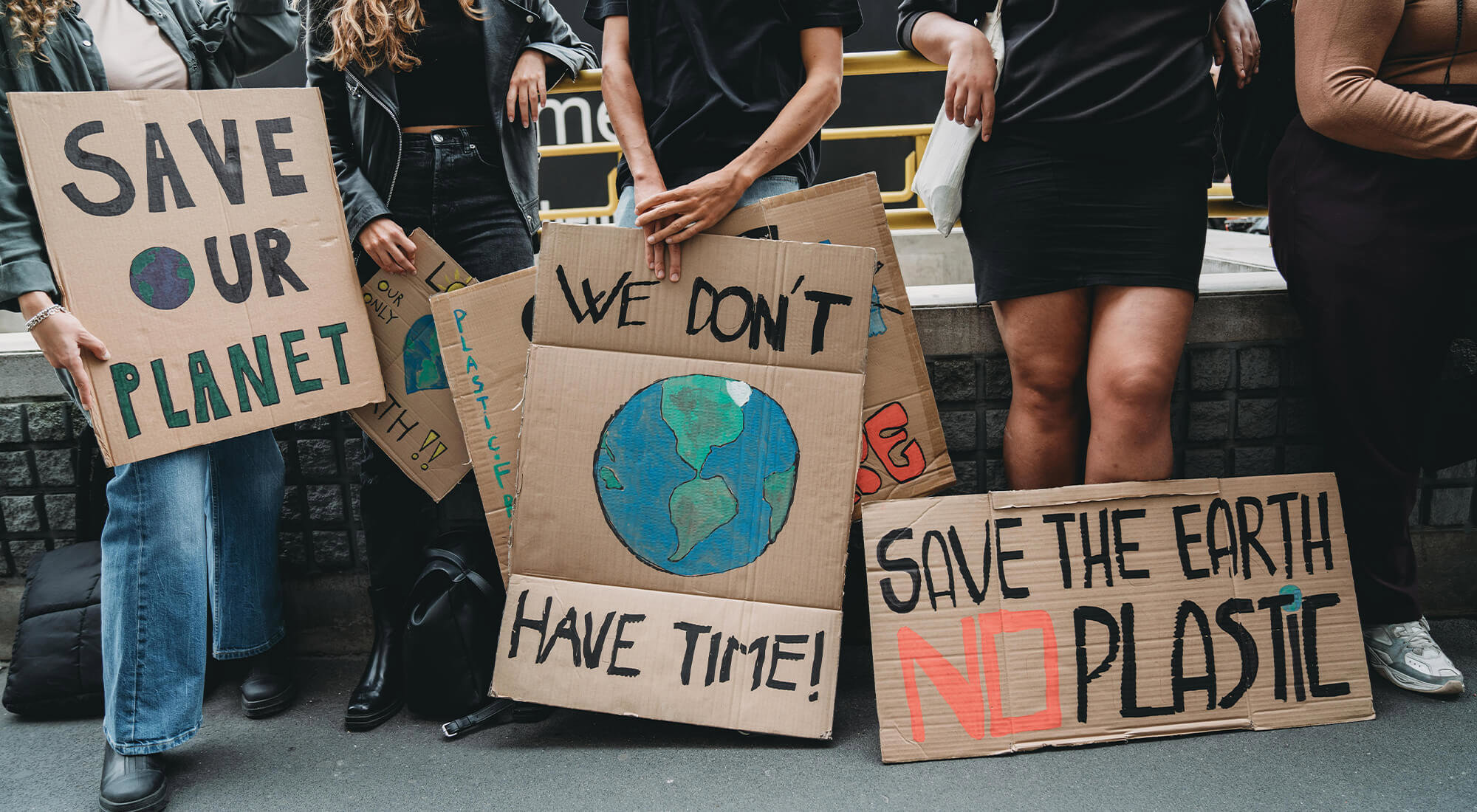Developments in climate change litigation: 2025 could herald an expansion in types of claim and remedies

To accompany the fourth edition of our interactive climate change litigation map, we take a deeper dive into the implications of the key decisions from the last six months and the new cases introduced for 2025.
Activists experience many victories but also a significant defeat in 2024
2024 was a momentous year for climate change litigation. The first half of the year saw the European Court of Human Rights handing down rulings in Verein KlimaSeniorinnen, Careme and Duarte Agostinho, and the Dutch courts providing the first greenwashing judgment against an airline in FossielVrij v KLM.
The second half of 2024 was no less important. Activists found success challenging the implementation of local and national measures and legislation directed at tackling climate change, setting precedents in a number of locations.
In the UK, the Supreme Court ruling in Finch v Surrey County Council has already limited the options for new UK-based fossil fuel projects as we discuss below, after finding that consent must only be granted by authorities in full knowledge of the environmental cost, which includes 'downstream' and 'indirect' emissions.
Across the Atlantic, in December 2024 the landmark decision in Held v Montana saw the Montana Supreme Court rule in favour of a claim alleging breach of the youth plaintiffs' constitutional rights to a clean and healthful environment for the first time. Similarly, in Hawaii, there was a resolution prior to trial in the Navahine climate litigation acknowledging the constitutional rights of their youth to a life-sustaining climate and resulting in a commitment to plan and implement 'transformative changes' to Hawaii's transport system in compliance with the state's aim of net-negative emissions by 2045.
In South Korea, four climate actions including Byung-In Kim concluded with the court finding that legislation to address climate change was failing to protect basic constitutional rights. In Portugal, the Supreme Court granted an appeal by Ultimo Recurso, an activist group who challenged the state's compliance with its Climate Framework Law. Returning the claim to the court of first instance, the activist claimants were invited to identify specific measures to reduce greenhouse gas emissions in response to the Portuguese state's alleged failures.
A similar remittance for rehearing occurred in Mathur v Ontario, leaving this groundbreaking Canadian claim considering provincial obligations to address climate change under the Charter of Rights and Freedoms very much live.
However, despite these notable successes, the most significant decision of 2024 was handed down in the Netherlands and was a major blow for climate activists. Consistently identified as the watershed climate decision for those seeking to influence corporate behaviour, the 2021 Hague District Court decision in Milieudefensie v Shell, which ordered a quantifiable and time-limited reduction in Shell's CO2 emissions, was overturned in November following an appeal by Shell. The appeal court arguably returned the baton to the hands of national legislators to deal with challenging corporate behaviours, albeit with an acknowledgment that large corporates, such as fossil fuel companies, do have a special obligation to cut emissions.
Decisions such as Shell are perhaps creating a litigation loop for activist groups, with a lack of clear legislation preventing corporate behaviour from being challenged, resulting in activists considering further action to challenge government (in)action.
For corporates in the firing line of climate litigation, the question of liability cover is also significant. In the Hawaiian decision of Aloha Petroleum Limited (tied into the ongoing action of City & County of Honolulu v Sunoco LP), the Supreme Court found that the undefined term 'accident' did include reckless conduct so as to trigger the occurrence-based policies, but that the pollution exclusion also applied, as greenhouse gas emissions were considered to be pollutants. While a fact specific decision, it brings to the fore coverage considerations in the context of underlying climate disputes.
Novel actions in 2025
The latest version of our climate change map introduces a number of new claims which highlight the increasing diversity within climate change litigation, and the impact of decisions taken in 2024.
The impact of the UK decision in Finch has been felt almost immediately in 2025. The case of Greenpeace and Uplift v (1) Secretary of State for Energy Security and Net Zero and (2) North Sea Transition Authority, added to our map in this edition, considered the appropriate remedy in circumstances where the UK Government accepted that licences in respect of two Scottish oil and gas fields were unlawfully granted. The decision was handed down shortly after publication of the latest edition of our map. The fossil fuel companies had submitted that the Scottish courts had discretion to allow the continued development of the fields in question, but the Court of Session disagreed, returning the decisions back to the UK Government for consideration. It is expected that the developers will seek new consents in line with Finch, albeit now at the risk of further rejection.
Similarly, although the appeal decision in Shell v Milieudefensie was a blow for the activist group, in 2024 it had already announced an intention to pursue ING Bank, one of the largest banks in the Netherlands. A new addition to our map, this claim is expected to draw on arguments around corporate obligations under the Dutch Civil Code made in the Shell action. Demanding that ING has a climate policy in accordance with the 1.5C target of the Paris Agreement, the claim challenges ING to undertake significant reductions in carbon emissions by 2030. This action is novel in that it would compel ING to cease involvement with large corporate clients who do not have a 'good climate plan' and, for those clients who are fossil fuel companies, demand a halt to fossil fuel expansion.
The distinctiveness of this action is matched by an action in France pursued by three NGOs including BLOOM. This new addition to our climate map involves a complaint alleging that the board of directors and main shareholders of TotalEnergies should be criminally liable for decisions contributing to climate change, including offences such as involuntary manslaughter and damaging biodiversity. At the time of writing, a decision from the prosecutor whether to open a judicial investigation remains outstanding. This is another novel action marking significant development in activist litigation where actions against directors and officers have primarily focused on challenges to corporate climate strategy.
Increasingly, supranational organisations are also being called upon to offer guidance to states on their responsibilities to respond to climate change. Following the opinion of the International Tribunal for the Law of the Sea that states are required to take 'all necessary measures' to reduce greenhouse gas emissions, the opinion is outstanding from the Inter-American Court of Human Rights to "clarify the scope of State obligations, in their individual and collective dimension, in order to respond to the climate emergency within the framework of international human rights law…". The International Court of Justice also held hearings in December 2024, following a request from the UN General Assembly for clarity on international law in respect of climate change. This opinion is likely to be cited in climate-related actions going forward.
This growing body of advisory opinions will also place additional pressure on states to implement firm action in the face of climate change. We expect activists to continue to challenge the adequacy of national climate change policies in 2025 and the remedies available. In this regard, a new addition to our map is Foley v Sweden. This claim also explicitly notes that Convention rights provide an obligation to grant 'reasonable compensation' for the applicants (in this instance, over 600 youths). Interestingly, the pleadings also propose that historically high-emitting (industrialised) states such as Sweden should account for a greater share of climate action than those states with 'less historical climate debt', a concept advocated by developing nations, particularly in the global south.
Where next?
Looking forward, US-based litigation needs to be viewed through the prism of the second Trump administration, his immediate withdrawal from the Paris Agreement and an anti-ESG attitude expected.
While a number of US states have introduced or are considering 'polluters pay' superfund legislation, requiring polluters to pay for climate-related harms, Vermont (the first state to introduce such an Act in 2024), is already being sued by the US Chamber of Commerce and the American Petroleum Institute on the basis that "neither [the US] federal constitutional structure nor the Clean Air Act authorizes [sic] a State to impose liability or penalties on out-of-state energy producers for harms arising from out-of-state and global greenhouse gas emissions."
The question of federal pre-emption will become a crucial consideration in US-based climate litigation as fossil fuel companies and corporates challenge state efforts to regulate their behaviour and seek climate-related damages.
This is an area where the only constant is change.
Our dedicated team is here to work collaboratively with clients to provide strategy, creative business solutions and practical response to the full spectrum of climate change issues.













